So, here I was – a non-techie and SSI noob at a week-long expert geek event. What on earth was I going to do during the next 5 days?!
What is RWOT?
Let’s dial back a bit. RWOT is the acronym for Rebooting the Web of Trust. As part of the bigger RWOT endeavour, a bunch of volunteers organise an international event every year to share insights into Self-sovereign Identity (SSI), explore open questions and ideally produce tangible outcomes, generally in the form of whitepapers published on GitHub. Some of the work completed at prior RWOT events has had considerable impact on the shaping of SSI ideas and technical standards. This event runs for a full week and works a bit like an unconference. There is an overall structure and some sessions with planned content but before the project topics have been chosen by attendees, nobody can be sure of what they will end up working on or with whom.
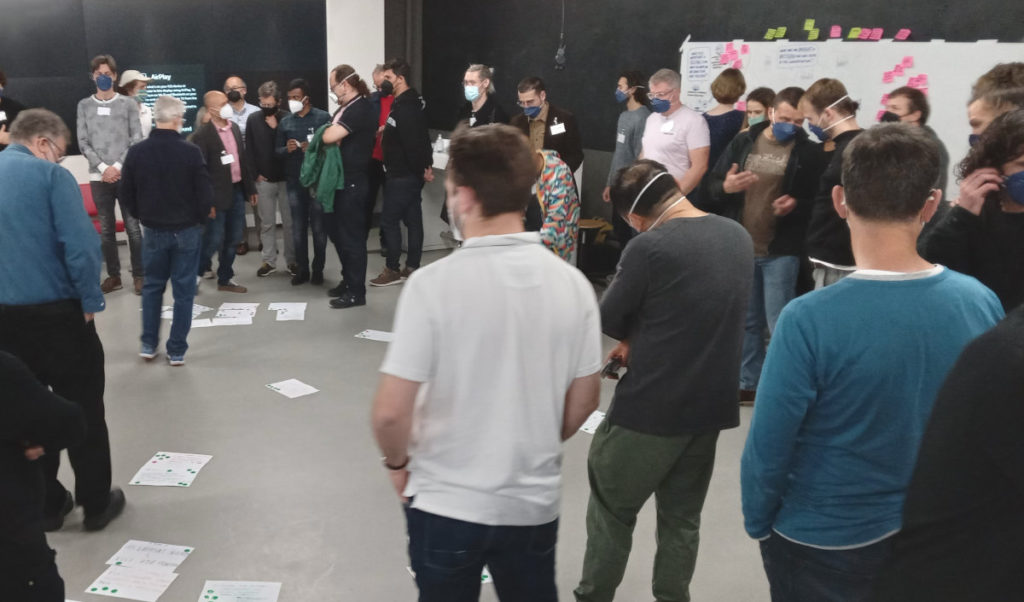
RWOT 11 in The Hague 🇳🇱
It all started innocently with RWOT 11 University Day on Monday, 26th Sep. A full day of public talks across two streams – tech and business – as an informative kick-off. In the business stream I gained a bit of an overview of what’s happening in the European SSI world. So far so good.
On Tuesday the workshops were in full swing. Some attendees were pitching topics they wanted to lead, most of which had already been submitted as advance readings to GitHub and some also presented the night before to make initial contacts. Nearly all topics were technical, one or two felt philosophical. I had set my eyes firmly on DIDComm, a topic about which I wanted to learn more. A hands-on project seemed like an excellent opportunity.
Earlier that day an RWOT veteran said to me, “Often people come here thinking they know what they’ll be working on. Then things change and they find themselves engaged in a different topic.” I didn’t know it yet but this was to become a self-fulfilling prophecy.
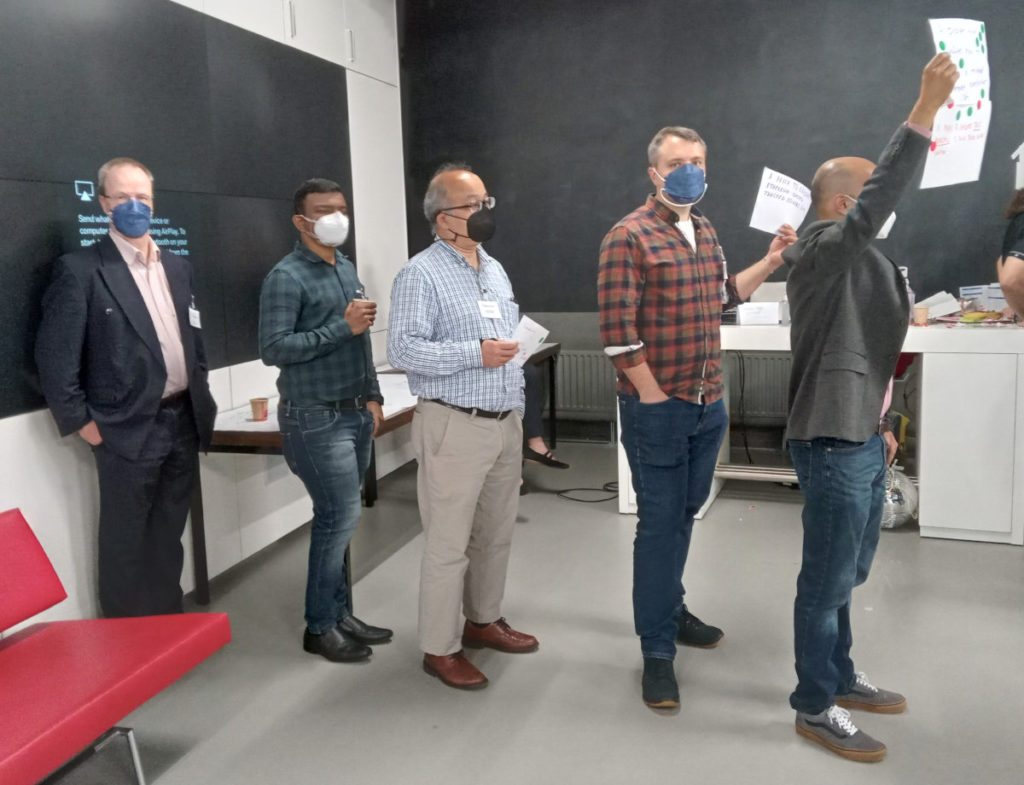
I joined a team looking to apply DIDComm to group messaging. This sounded like an interesting challenge that I was able to grasp conceptually. However, in the back of my mind I could not escape that nagging question of how I’d contribute beyond our initial chats when it would all become very technical.
An encounter over dinner and a late-night train ride later, and I had formed a new team with another attendee who shared my worry. The next day, we both waved farewell to our original teams and started scoping our own project. Both of us work at the interface of technical implementation and user needs. Both of us work in commercial enterprises. We felt that there should be an RWOT project looking into the business side of SSI. What followed was a journey of discovery.
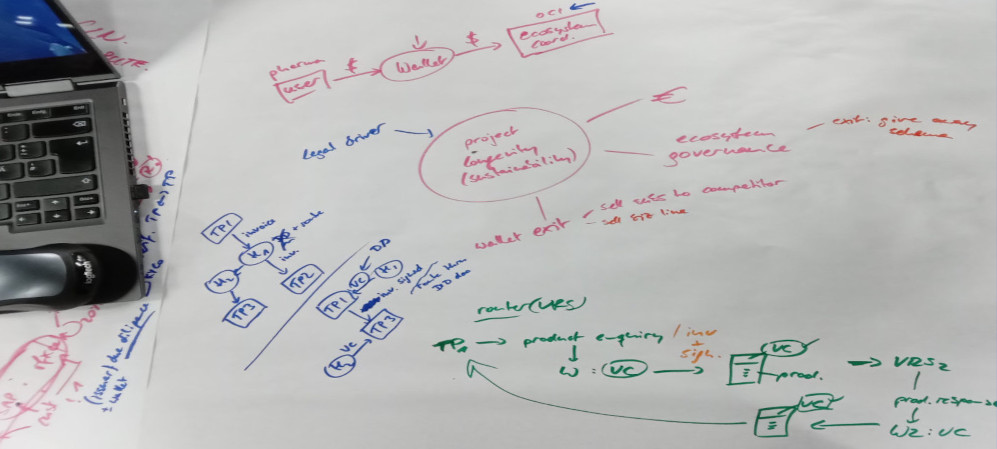
Project: SSI Stakeholder Mapping
We explored each other’s real and hypothetical business scenarios trying to generalise insights based on commonalities. Our discussions also touched on observations we had made by following conversations and technical demos at RWOT 11.
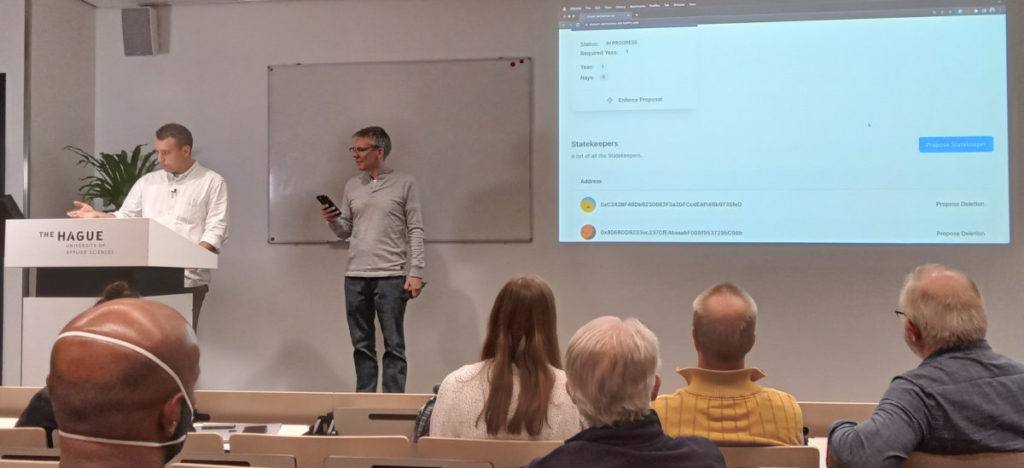
Our stakeholder map for enterprise SSI use cases was taking shape. This structure gave our discussions an anchor. It provided the clarity and overview we needed to formulate better questions. Two key elements emerged that we wanted to focus on in the few days ahead – an entity we called the Ecosystem Coordinator and the essential question any commercially sustainable tech venture has to ask, “Where’s the money?”
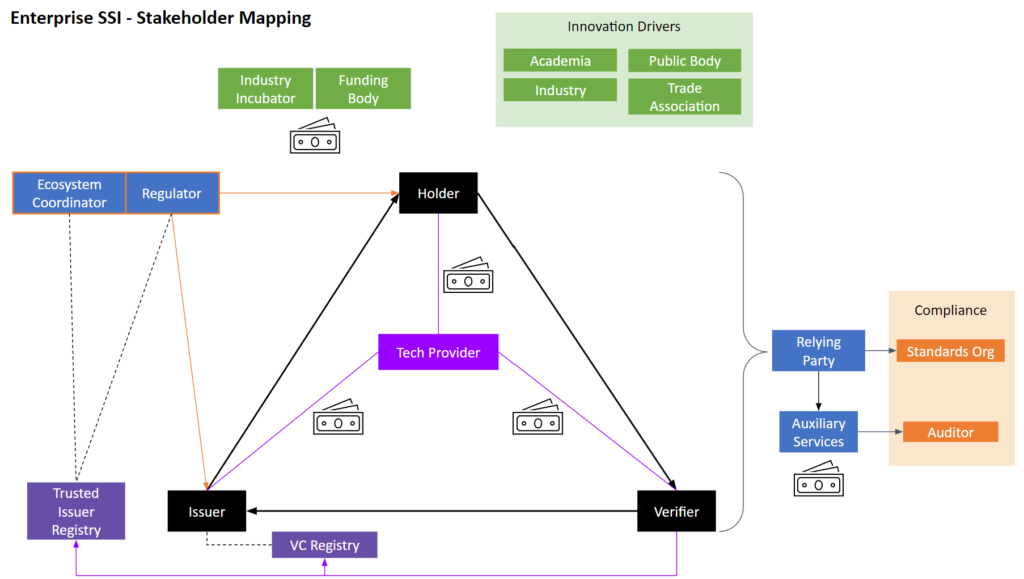
We met up once more following RWOT to discuss new ideas and finalise our notes. That’s what we submitted as our final output – notes. We did not strive to embark on theoretical research, uncover every stone and author a full-blown whitepaper. For us the questions with which we challenged each other, the shared insights, the connection with someone who could relate to the other’s professional frame of reference was what bore the most value. Yet we wanted to produce some kind of artifact, even if it was not a typical RWOT deliverable, that stimulates people to think beyond the trust triangle, beyond the technology and invite healthy commercial pragmatism. Our hope is that these notes are enough to make at least some people feel, “Oh, this is interesting. I need to think about this more.”
Disclaimer: I am currently employed by Spherity, supported RWOT 11 preparations as a volunteer and attended with two of my colleagues.